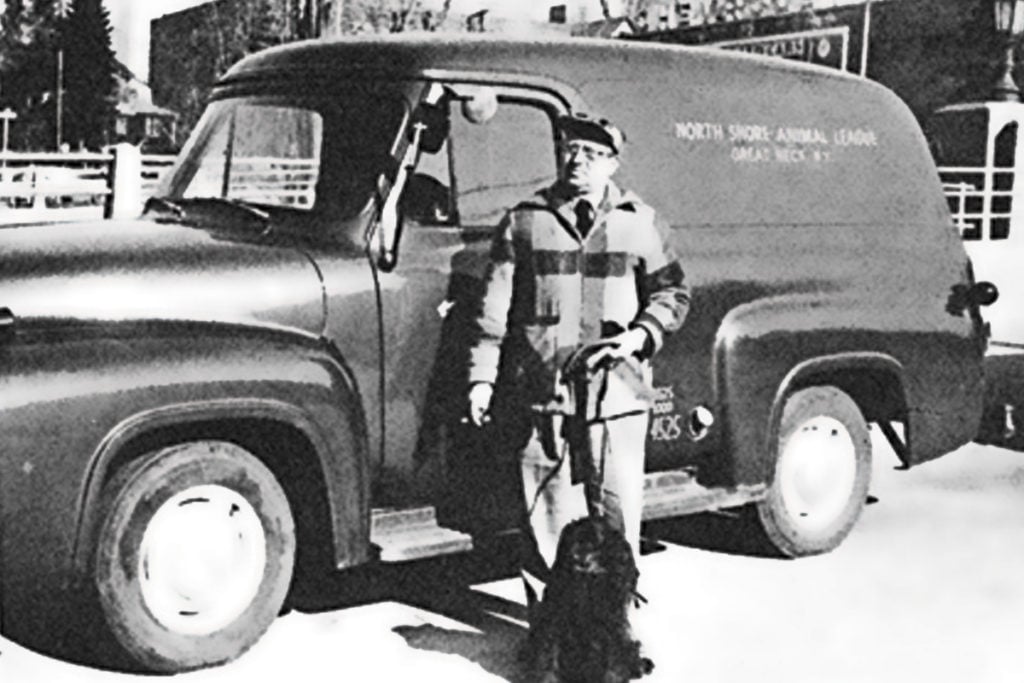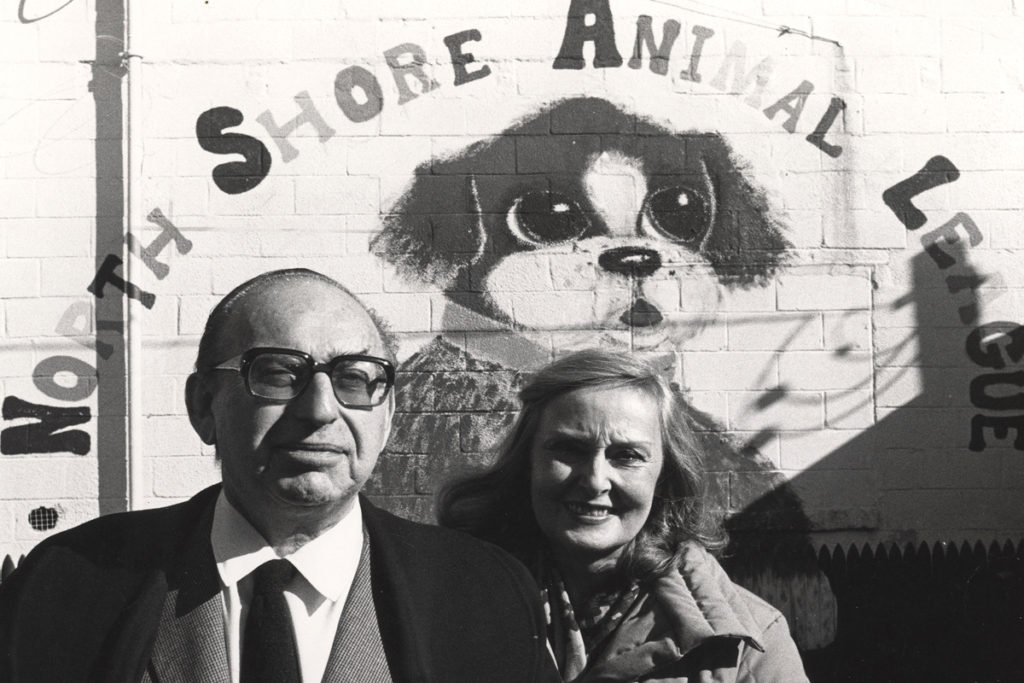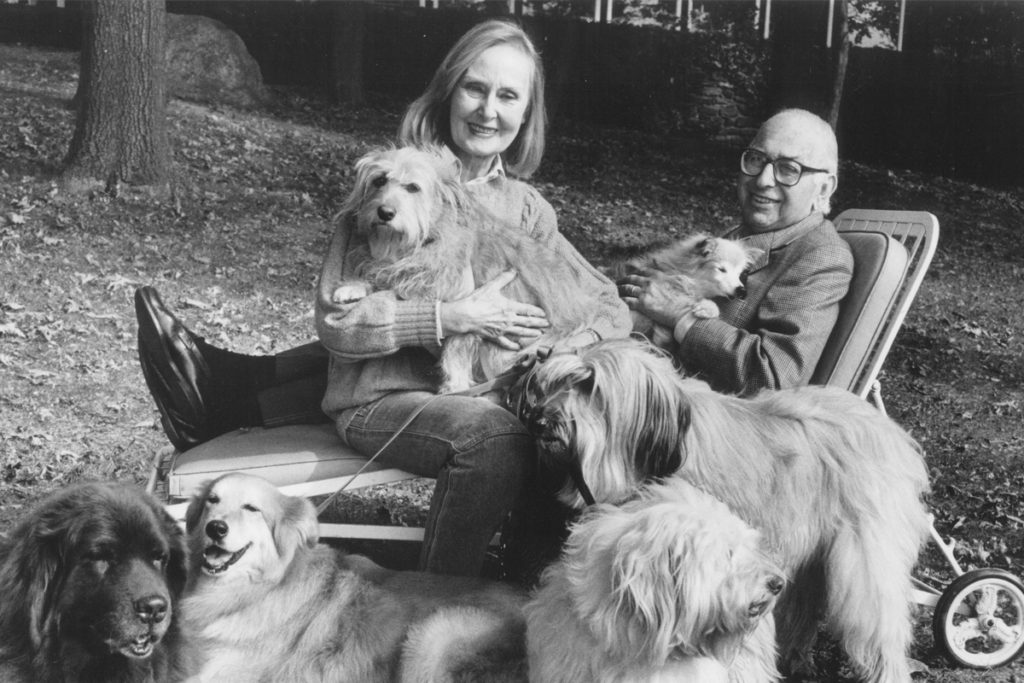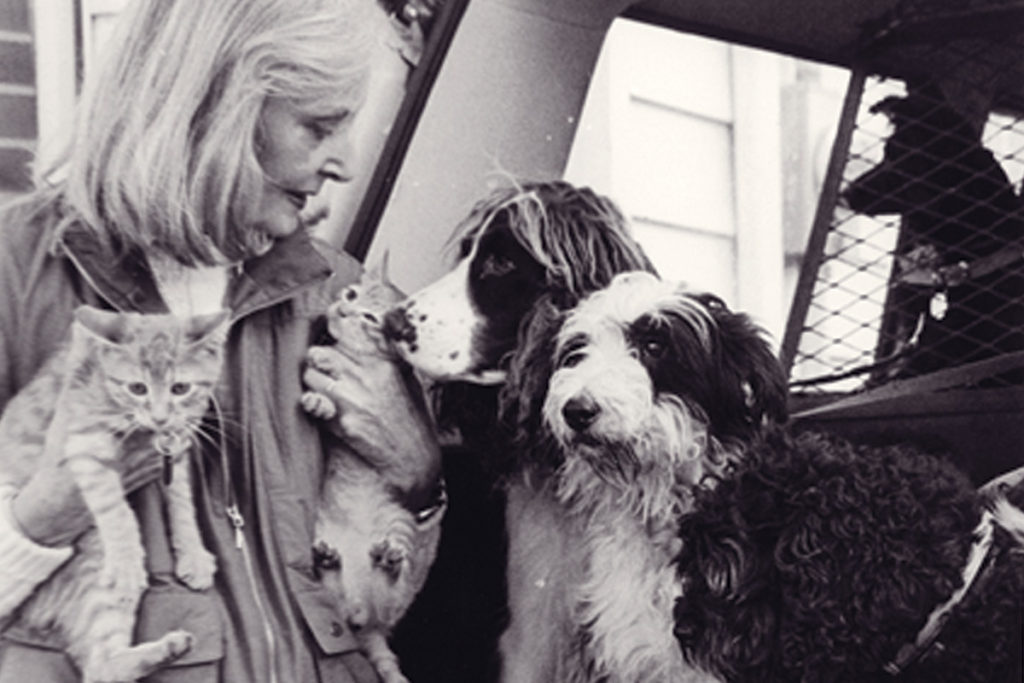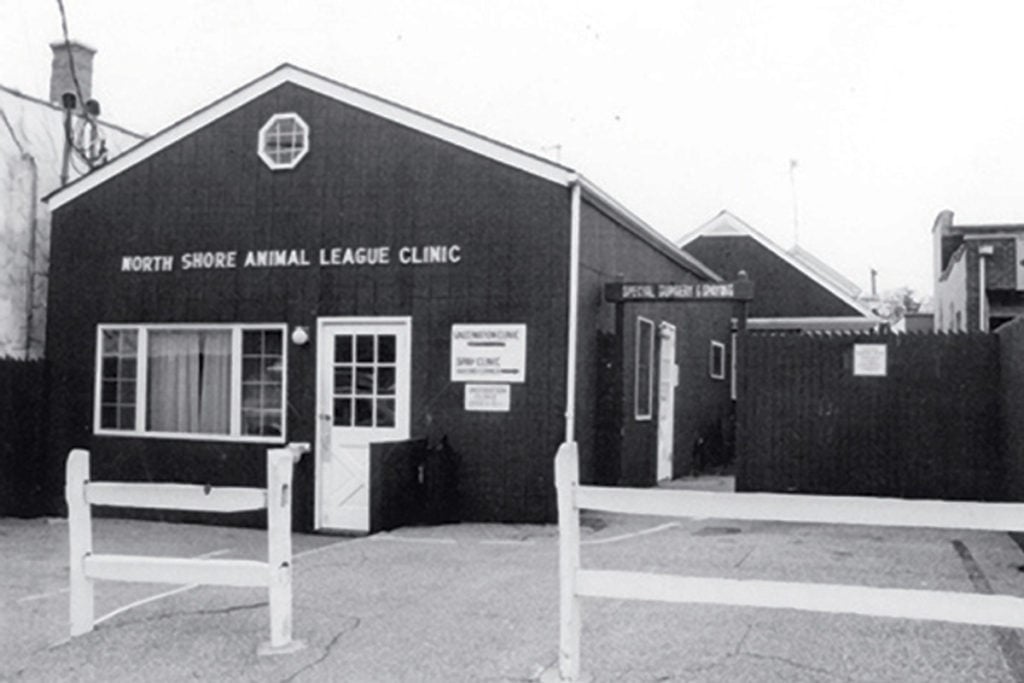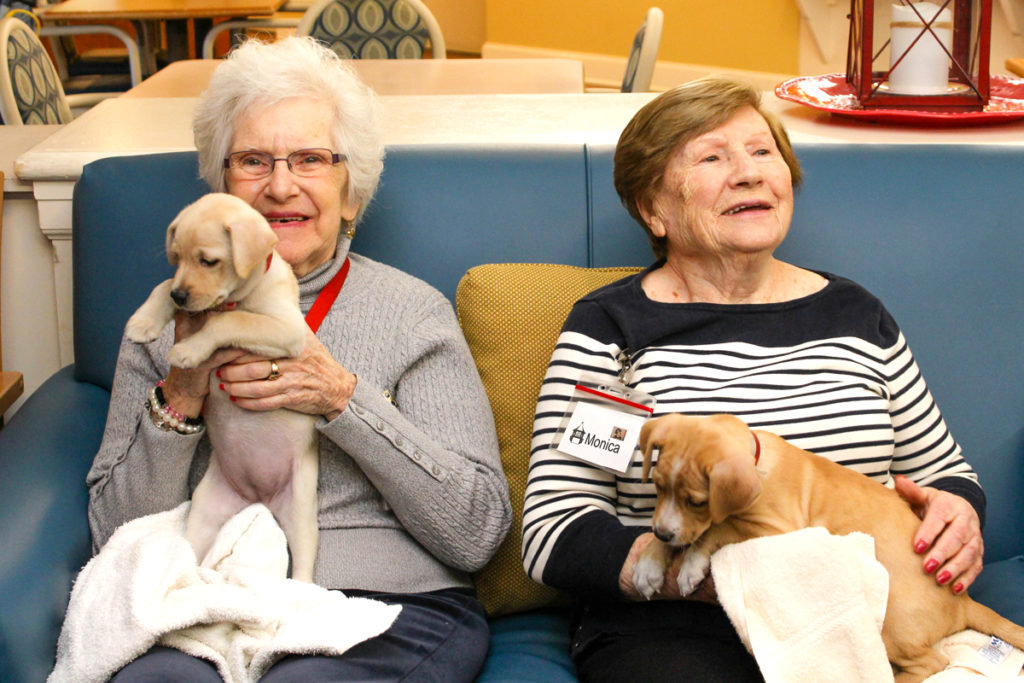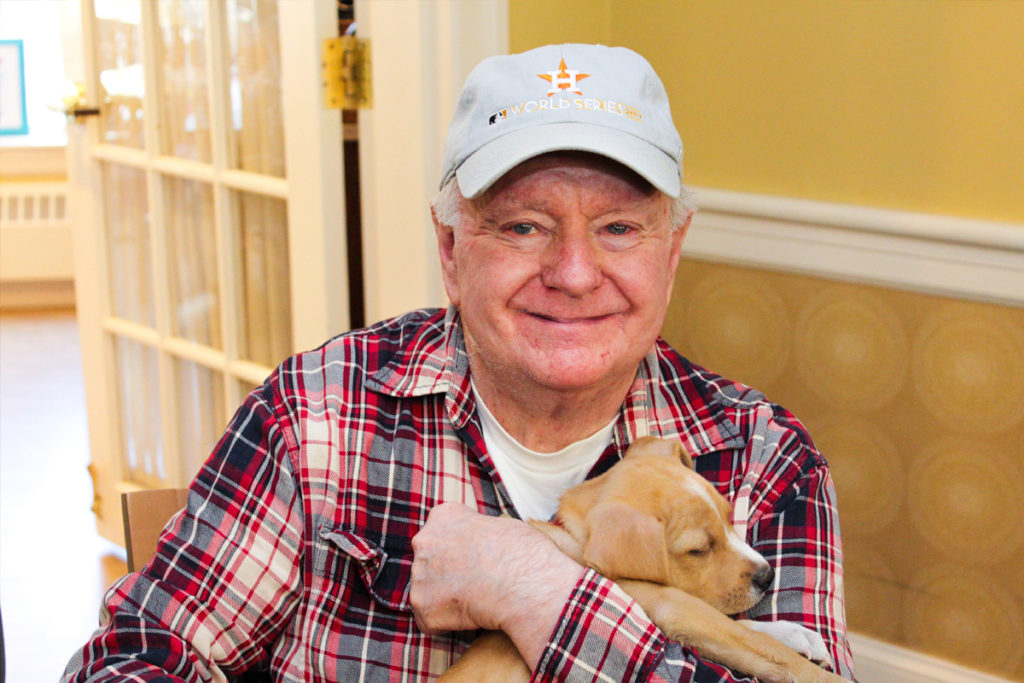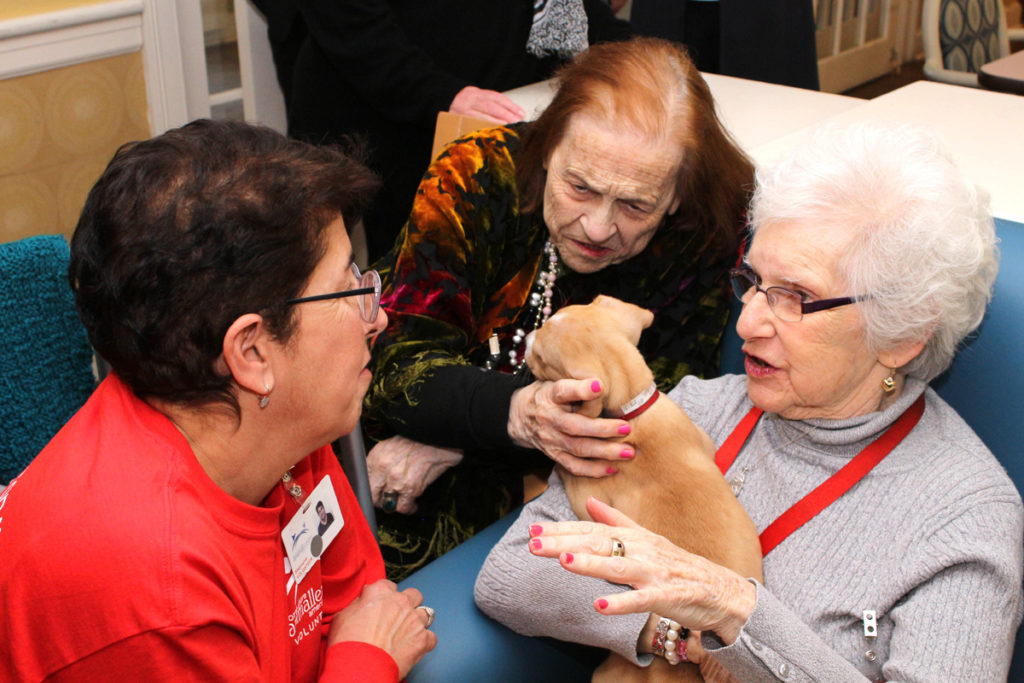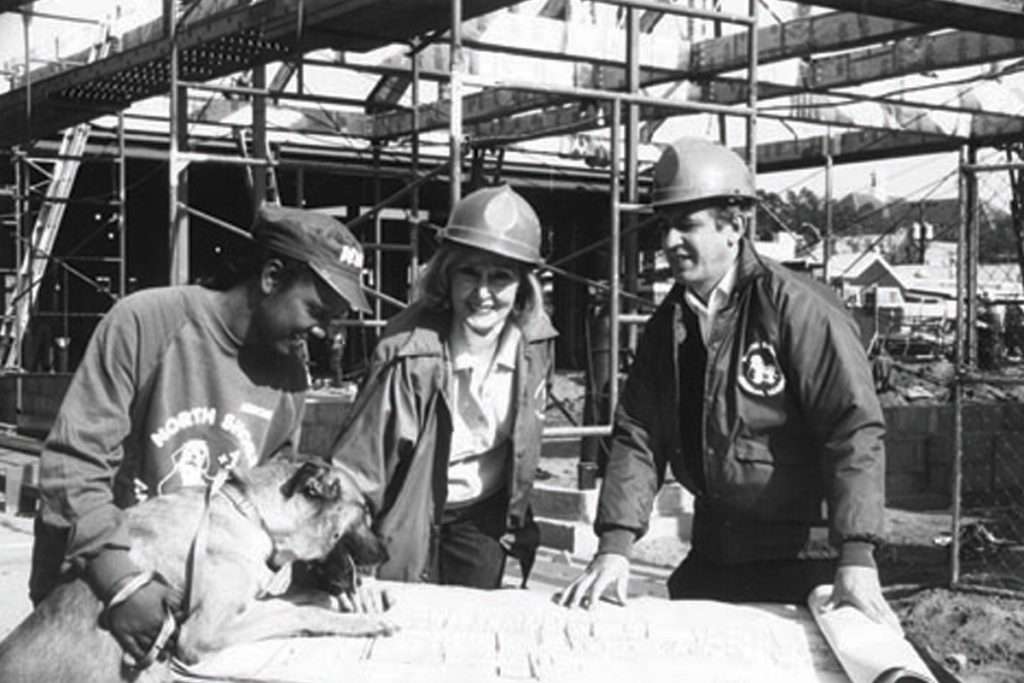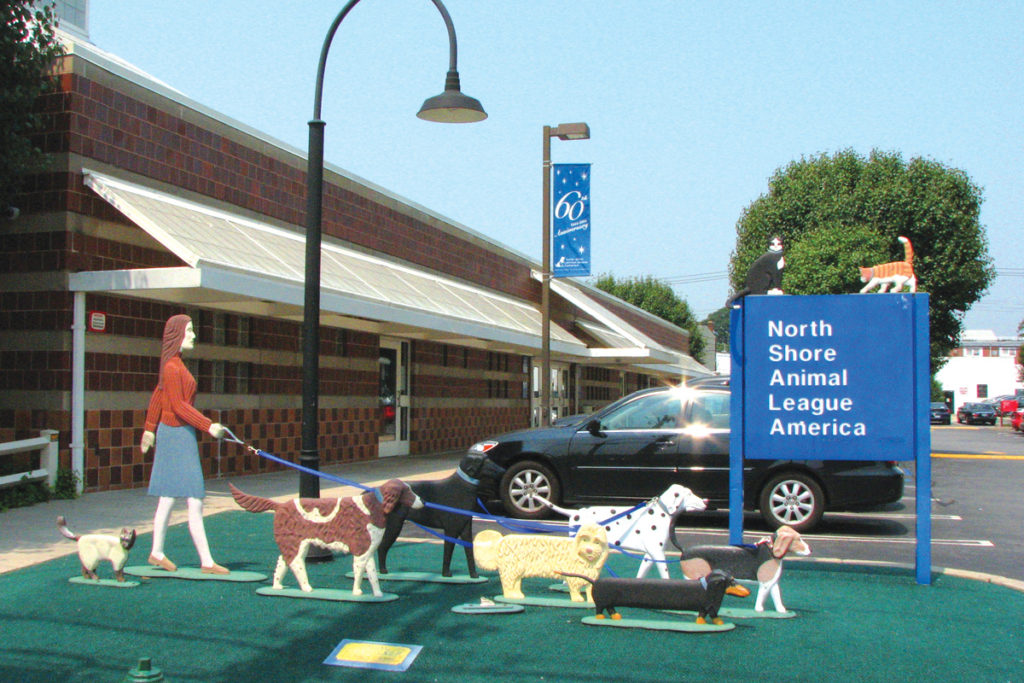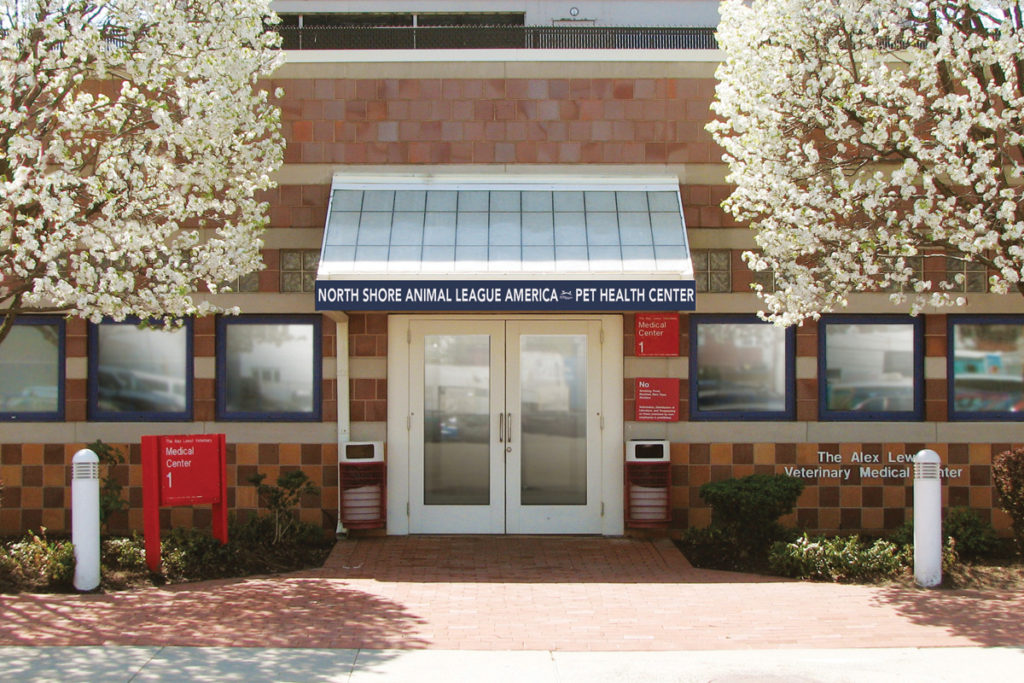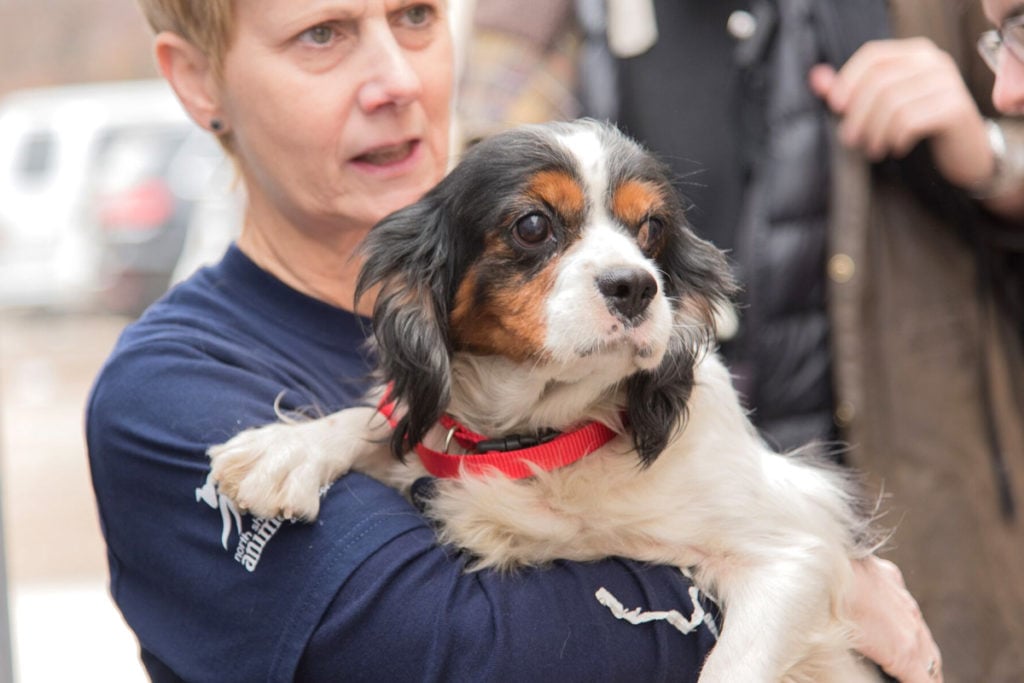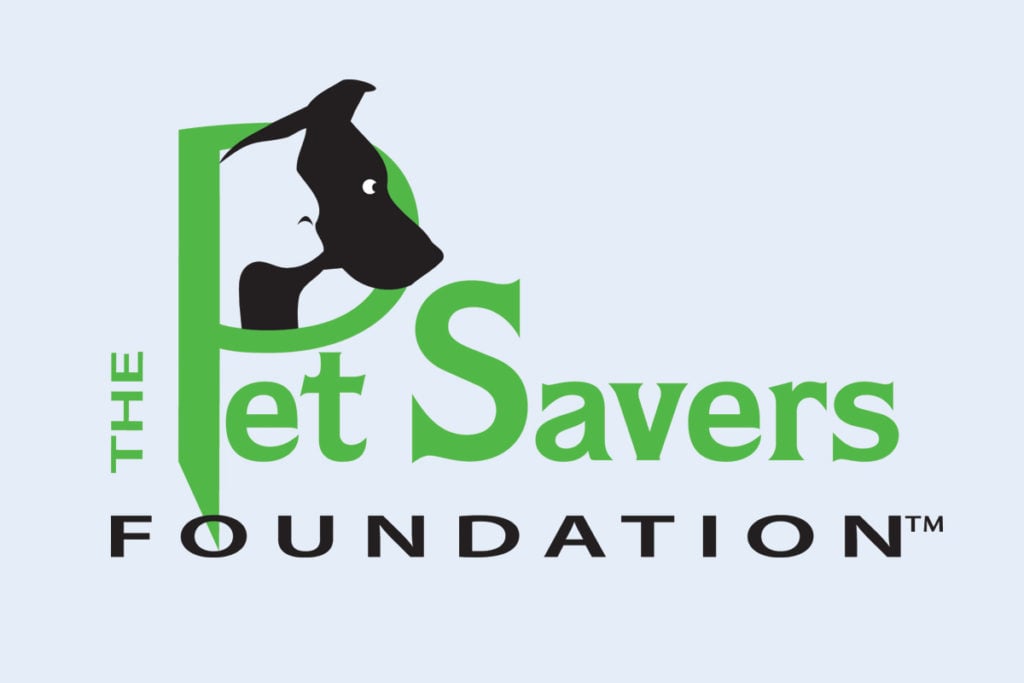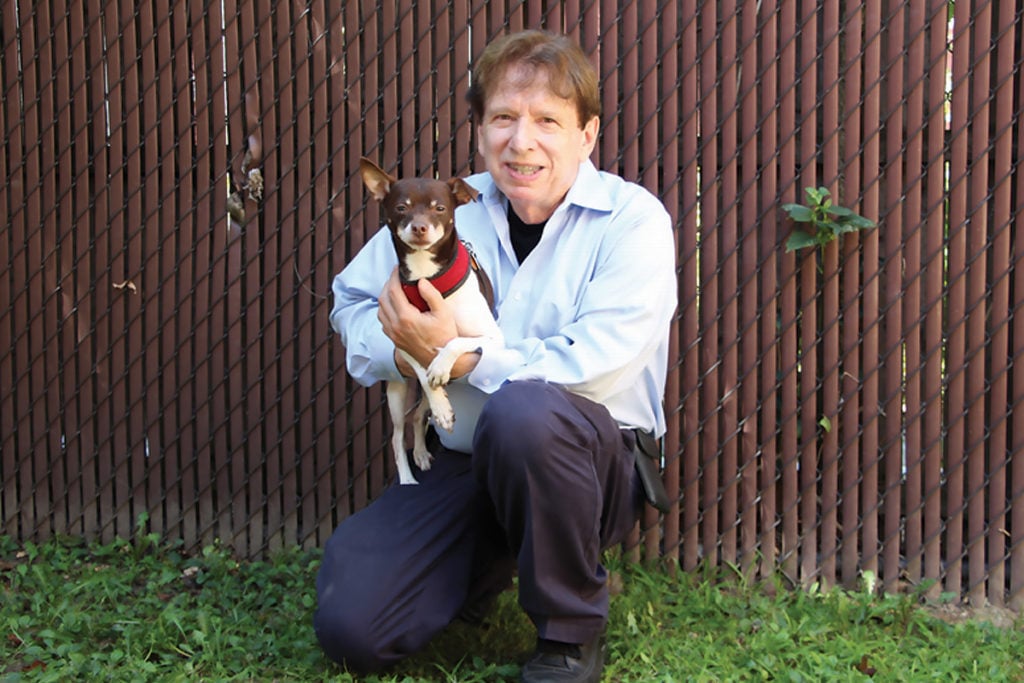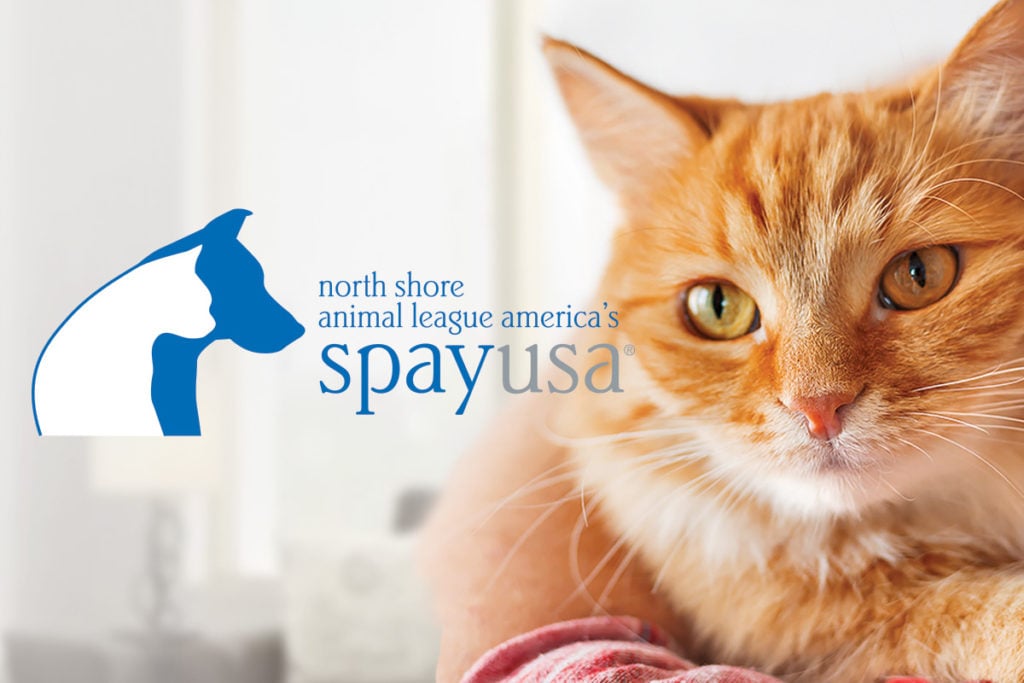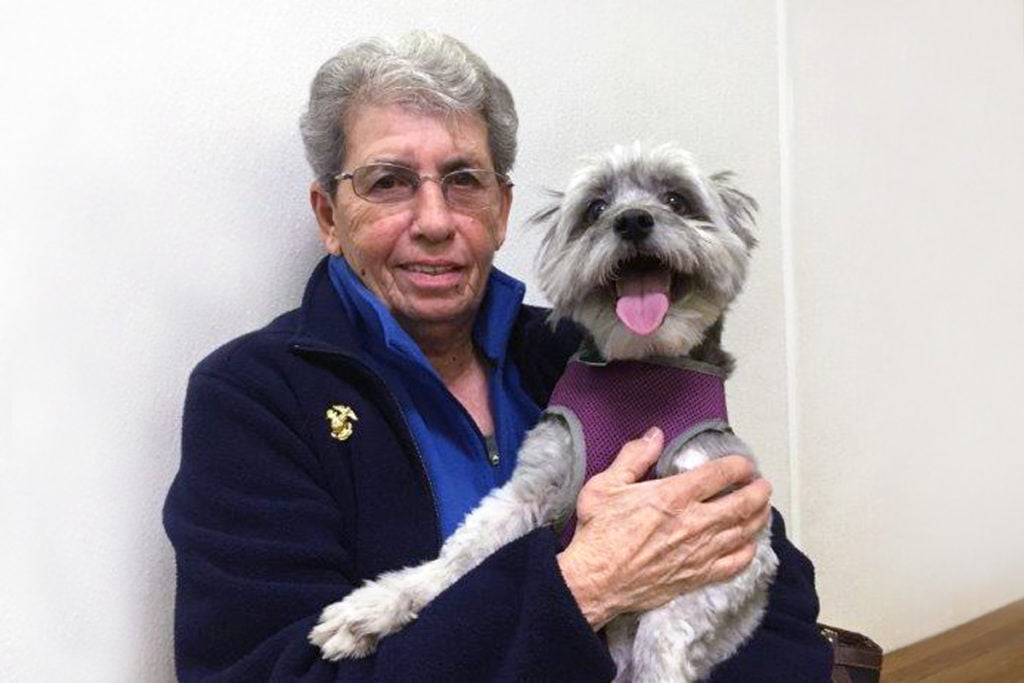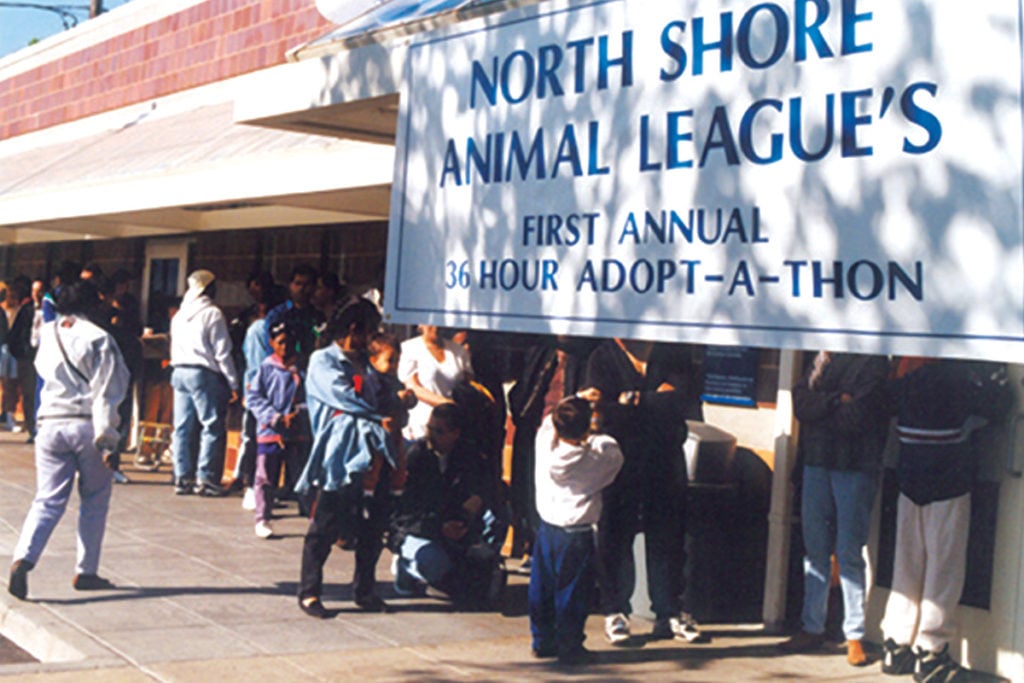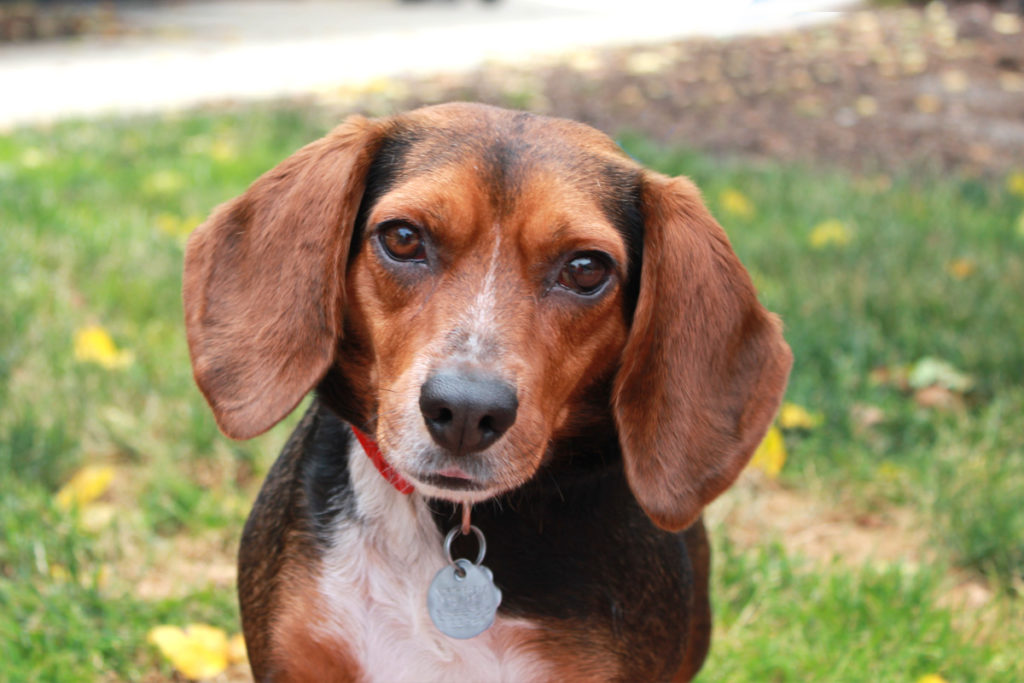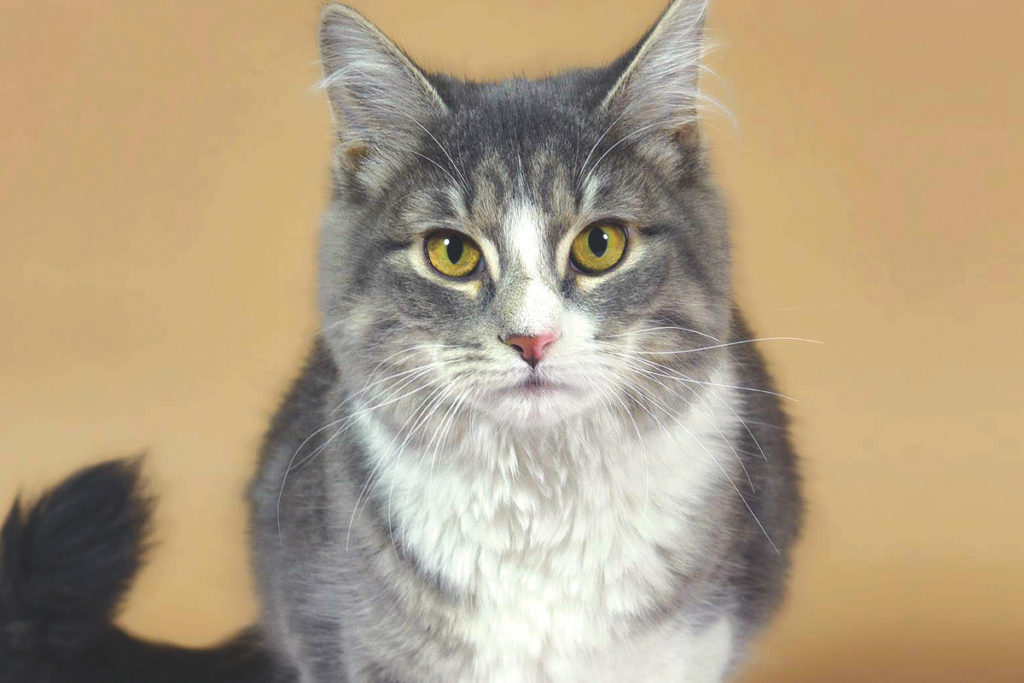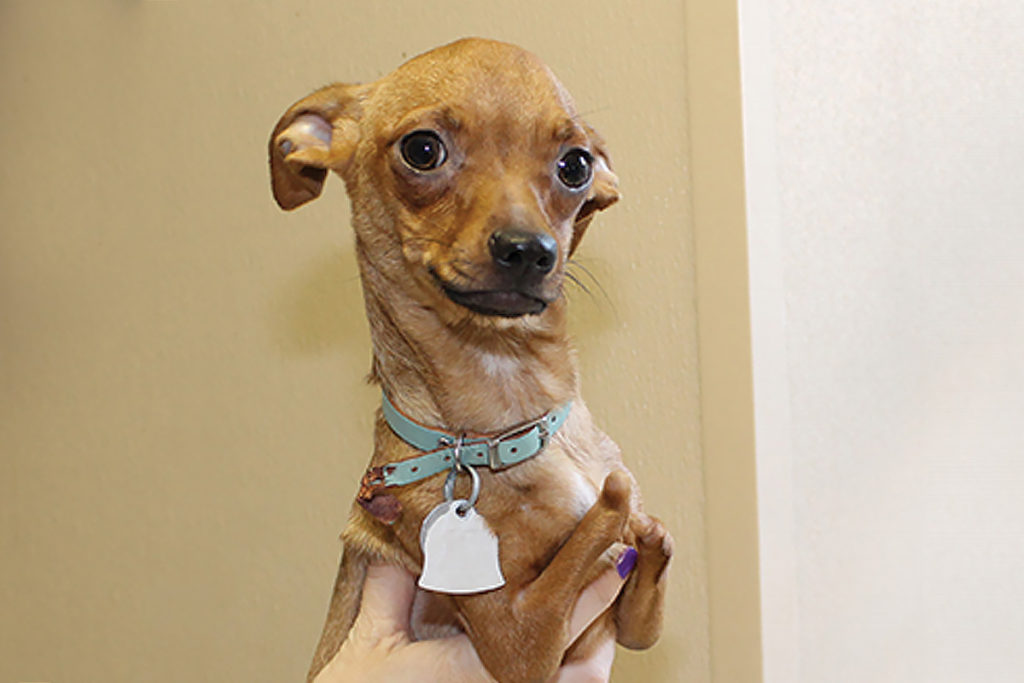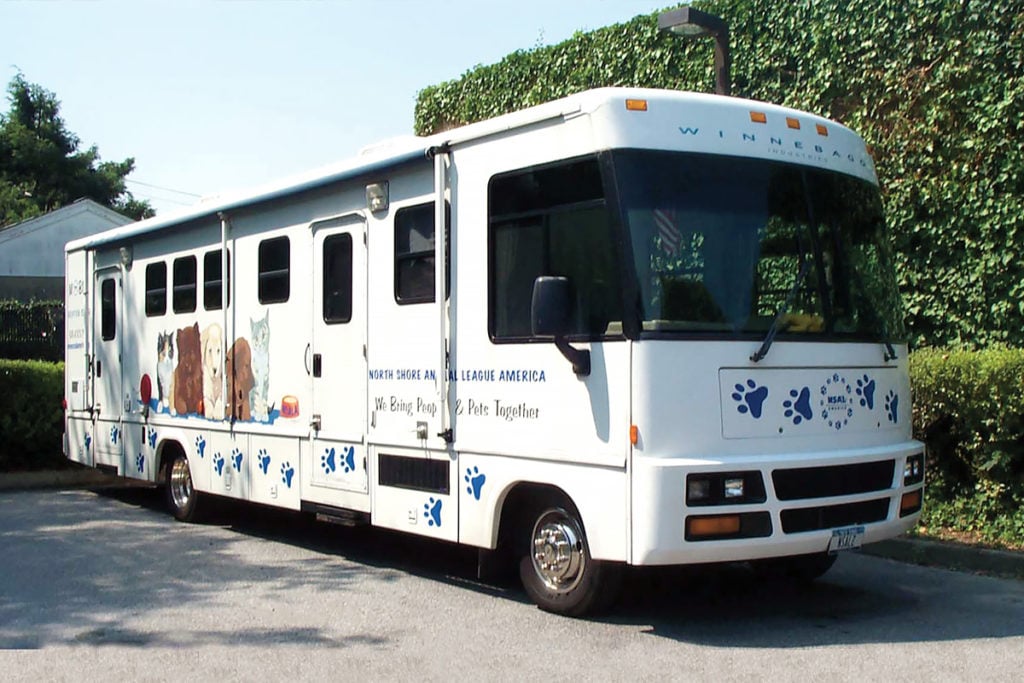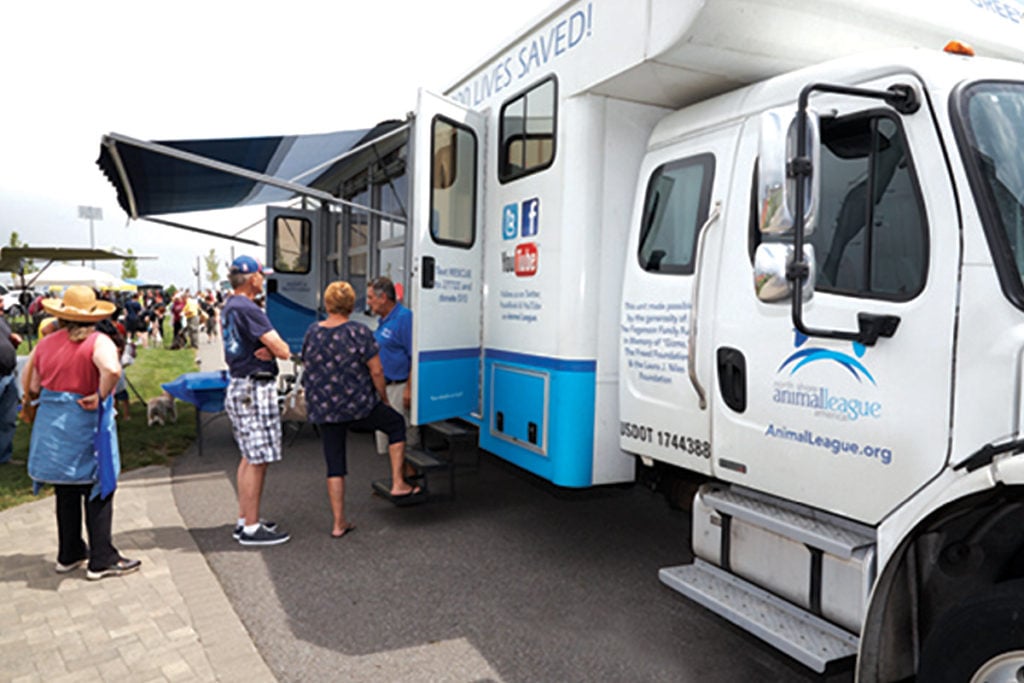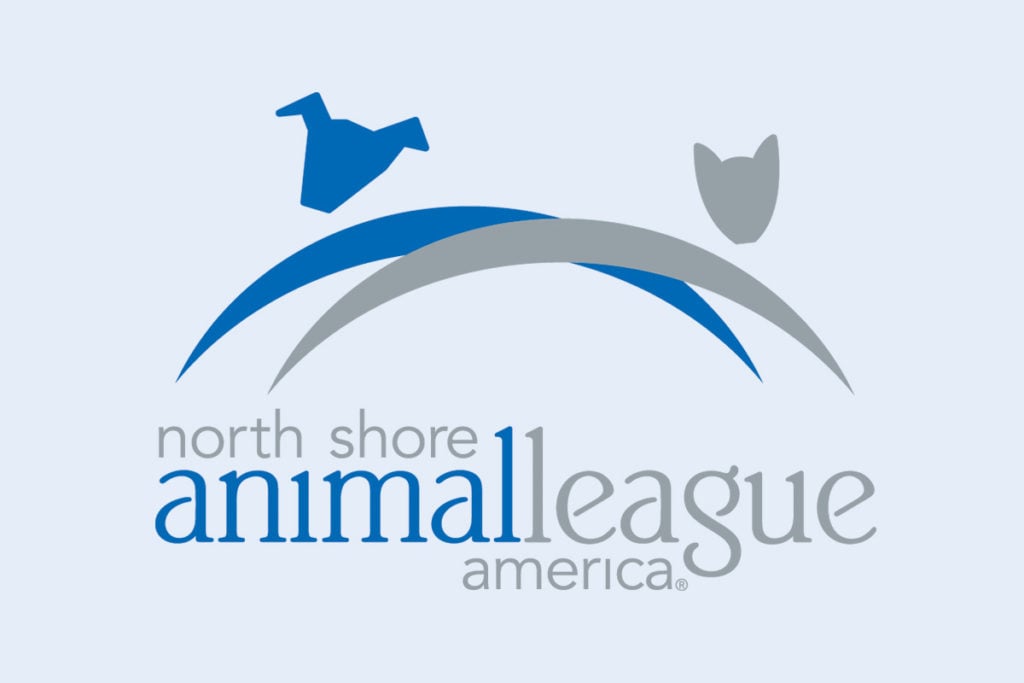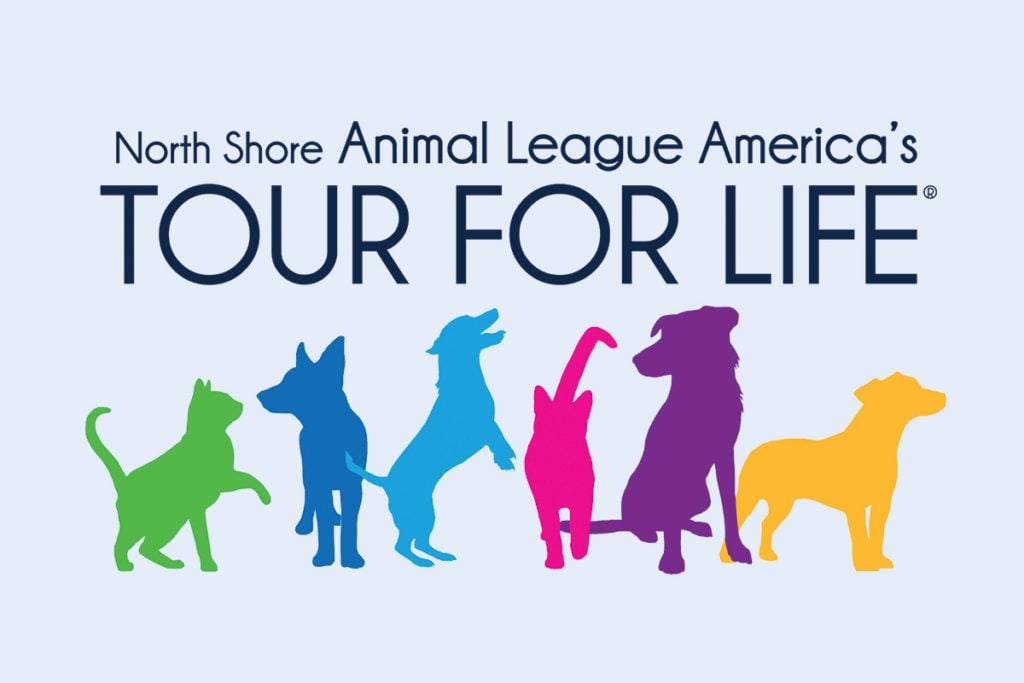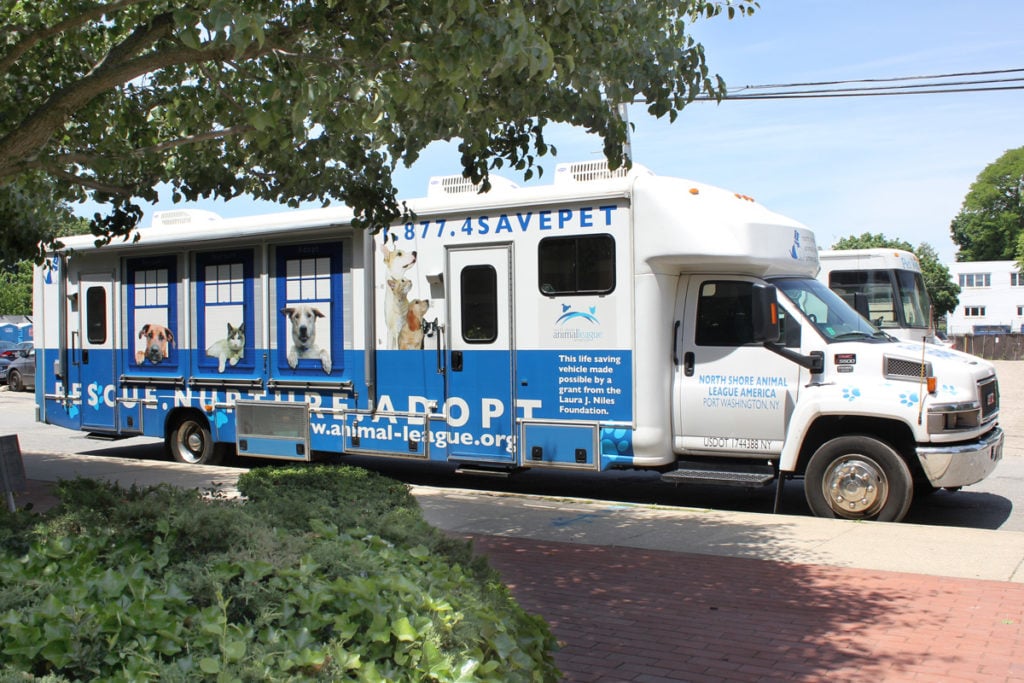Founded in 1944, North Shore Animal League America has grown into the world’s largest, most comprehensive, rescue and adoption organization. View our timeline to see how far our little shelter has come.
North Shore Animal League and Dog Protective Association, Inc., led by animal advocate Marianne H. Sanders, begins rescuing homeless animals in and around the Town of North Hempstead, Long Island. The Association dedicates itself to the no-kill philosophy.
Acquires two lots and a house in Port Washington; begins planning shelter construction.
Shelter is completed; group purchases local homes to expand offices.
As Long Island grows, the Association must choose between handling animal control and remaining no-kill. It chooses no-kill. As a result, it loses lucrative animal control contracts and suffers a serious drop in revenue.
Name changes to North Shore Animal League, Inc.
Alex and Elisabeth Lewyt become more involved in day-to-day operations, helping the Association regain financial stability. Lewyts recruit their neighbor, popular singer and dog-lover Perry Como, as celebrity chairman of a successful membership drive. Alex Lewyt becomes President and Chairman of the Board of Directors.
Elisabeth Lewyt begins driving her “Love-A-Pet” van from pound to pound to rescue pets, paying $12 a piece for each dog the pounds will release.
Humanely relocates animals from the ASPCA in New York City and other municipal shelters on Long Island to the safety of its no-kill shelter.
Launches Shelter Pet Outreach Program (SPOT). Volunteers and associates visit nursing homes, senior citizen centers, and other sites where therapy dogs and cats bring joy and comfort to residents.
Elisabeth Lewyt’s Pound Rescue Team grows from one volunteer to dozens, saving thousands of animals from municipal shelters.
Alex Lewyt dies. Elisabeth Lewyt is named Chairperson of the Board of Directors, a position she holds until her death.
Celebrates grand opening of new Adoption Center and Alex Lewyt Veterinary Medical Center.
Launches nationwide National Shelter Relocation Program, the first to work with overcrowded shelters in the South, welcoming animals slated for euthanasia. Today this program is widely imitated, saving hundreds of thousands of lives.
Launches The Pet Savers® Foundation with a revolutionary cooperative advertising program supporting local advertising and providing advertising grants for small shelters to encourage adoptions. First such ad campaign in the country.
Introduces SpayUSA®, the first and largest nationwide network providing referral and information about affordable spay/neuter services.
Develops Seniors for Seniors® Program, which enables senior citizens to adopt well-matched senior pets, with some veterinary costs covered.
Conducts first annual Pet Adoptathon®, saving 525 lives. Today it is the Global Pet Adoptathon®, reaching around the world and saving tens of thousands.
Establishes monthly donation Pet Sponsorship Program, providing ongoing care for special-needs animals.
Uses new Mobile Adoption Unit. to pioneer two off-site adoption programs: Mobile Adoption Program (MAP), which transports our pets to high-traffic areas, leading to countless adoptions; and Cooperative Adoption Program (CAP), through which we share our mobile units with small rescue groups and shelter partners, saving even more lives.
Name changes to North Shore Animal League America, Inc., reflecting growing national scope of programs.
With Purina as sponsor, completes first Tour for Life®. A single mobile unit travels “From the Golden Gate to the Empire State,” saving more than 200 animals. Purina also becomes the sponsor of our Global Pet Adoptathon®.



